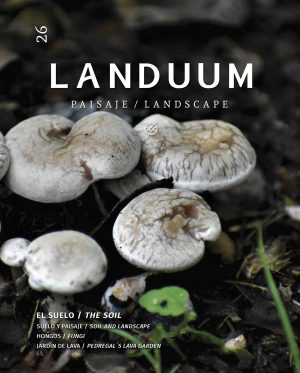Stone Walls
For a long time, the stone walls have characterized the rural areas, where they are used to delimit homes and land.
Currently, in urban areas, this type of walls constitute an essential part in the design of an outdoor area, as they provide warmth, texture and color to the space; besides the fact that they generate different enclosures, give privacy and are esthetically pleasing.
The stones are usually extracted from the subsurface bedrock.
Illumination can be used to highlight a stone wall. The shadow and relief of every stone creates a linear element with different depths, this results very attractive in the outer areas.
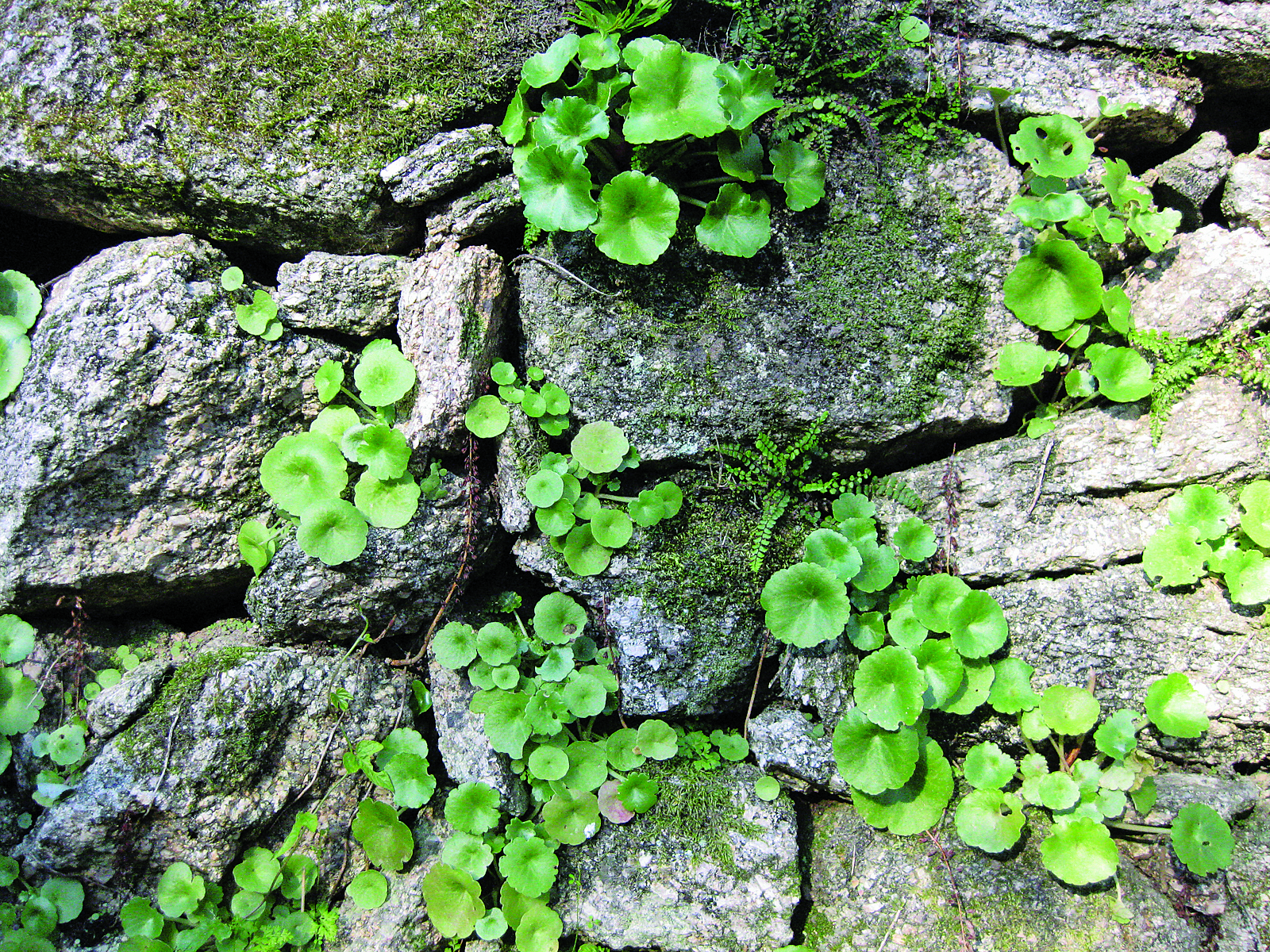
Currently the trend is creating dry walls, that is to say, walls that are built without cement. This type of wall It is characterized by the presence of small ecosystems with plants, reptiles and insects between each stone.
There are three different kinds of rocks 1: igneous, sedimentary and metamorphic.
The first are those that arise as product of volcanic eruptions (such as basalt and tezontle); the second ones, as its name suggests, are the result of sedimentation of materials for thousands of years (such as limestone and sandstone); and finally, metamorphic rocks are those that have been transformed by heat and high pressures in the underground (such as quartzite and marble).
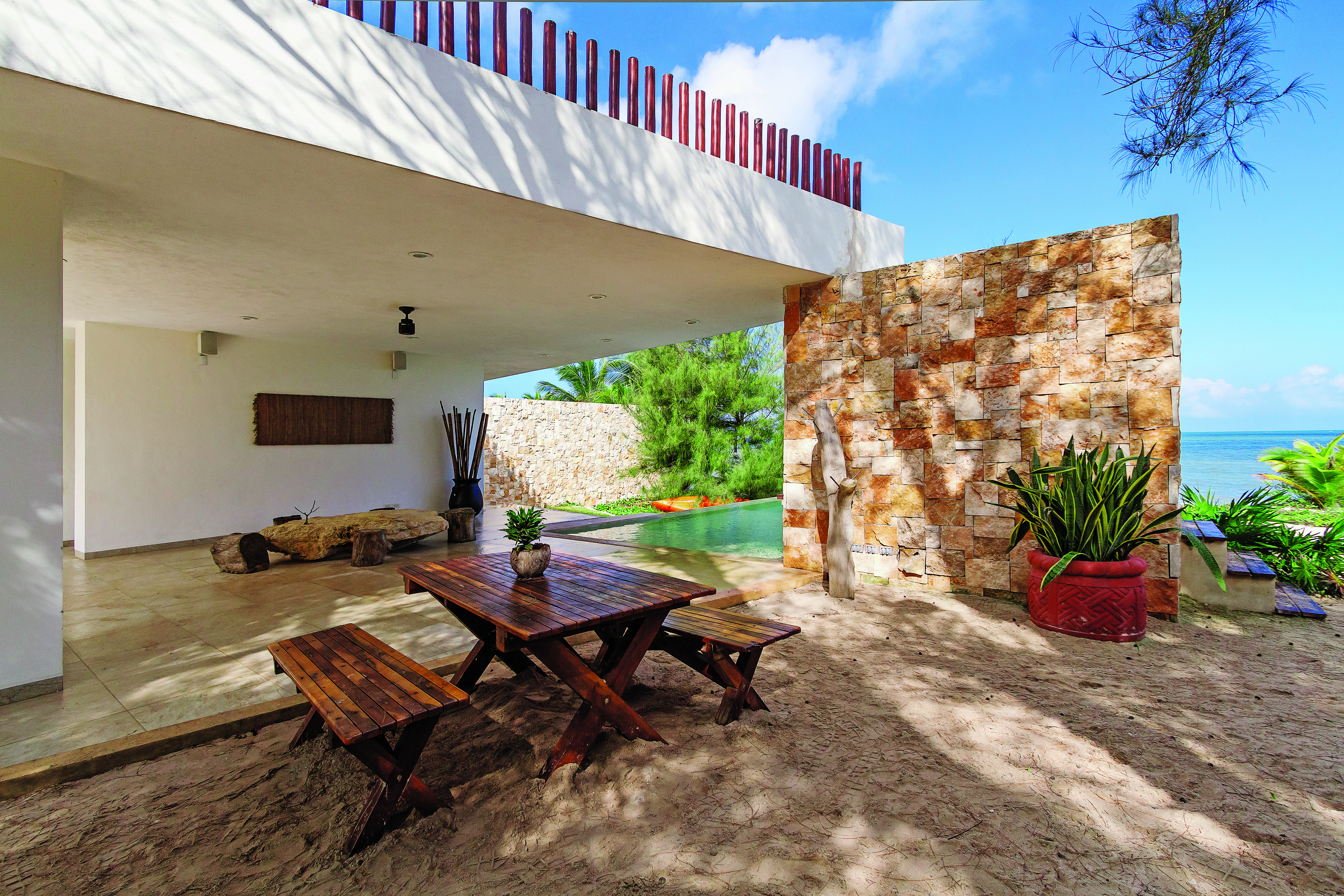
“El Refugio”
By: Duarte Aznar Arquitectos
Photography: Tamara Uribe

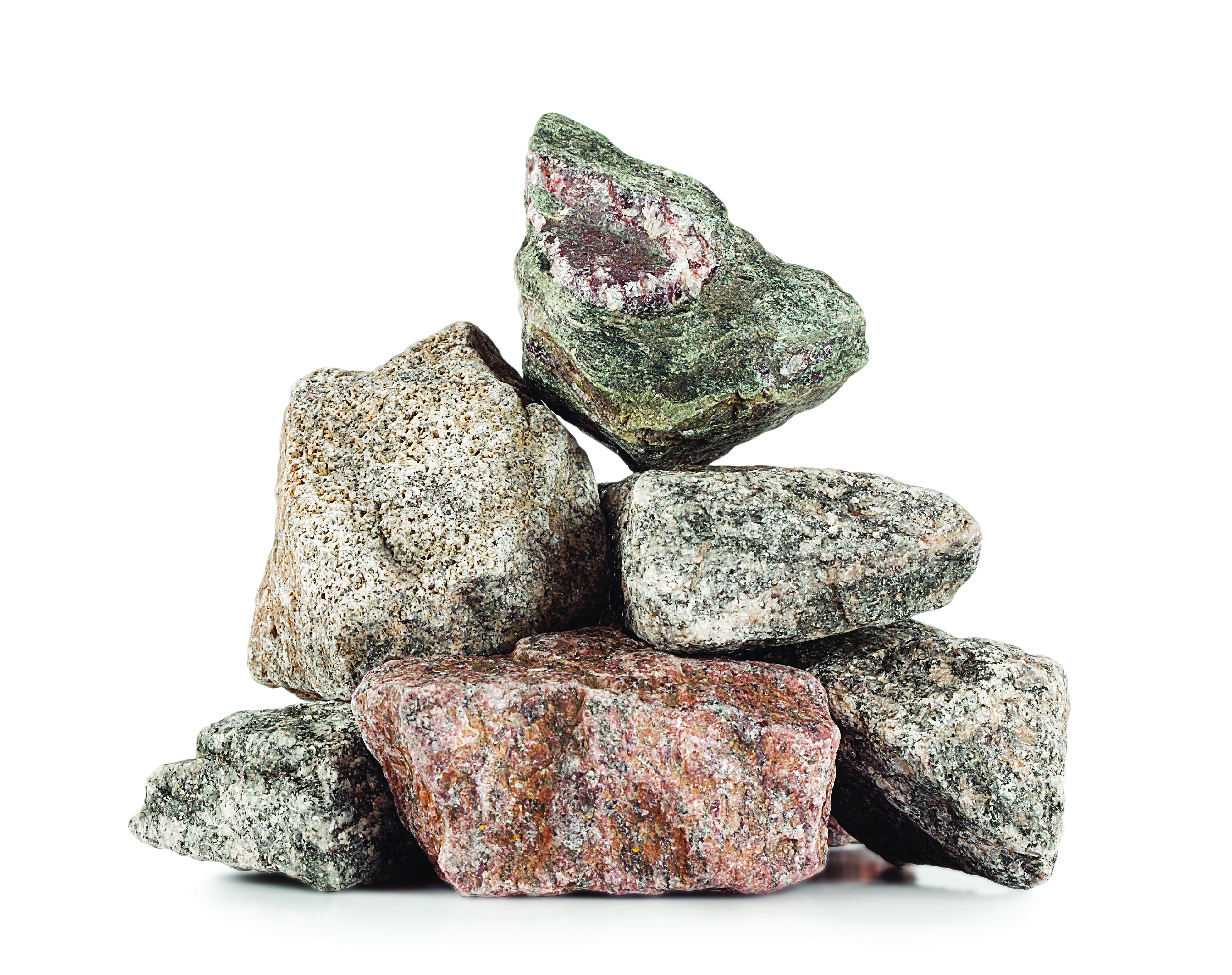
Pile of granite stones isolated on white background
Each rock has different properties, so the stonemasons work them in various ways. Similarly each region has its own type of rock, which creates an identity element in the constructions of the site.
We recommend to investigate which are the stones worked in your State, to build a wall that sticks to the local identity.

By: Molino Lab
Photography: Molino Lab
Another contemporary trend is the use of “gabions” or dry stone walls that are contained by wire mesh, usually of steel.
These elements are commonly used as retaining walls, water filtration, benches or as simple decoration.

Rajuela, local technique of stone work.
By: AS Arquitectura
Photography: David Cervera
When choosing the material for a wall, it is important to choose high quality stone materials, which have at least one flat face and are from the region.
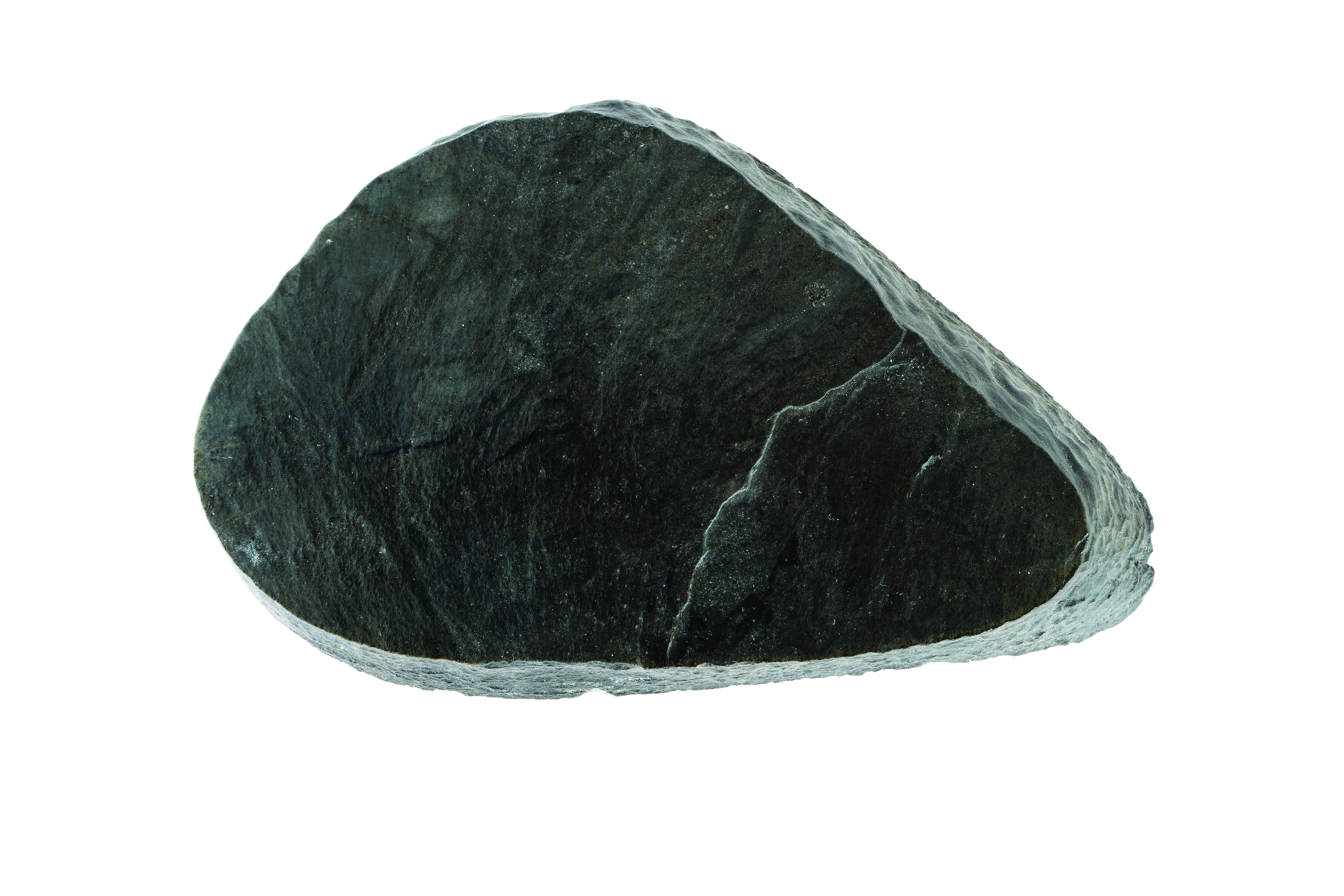 We recommend using stones of different sizes in order to create a wall with natural and rustic appearance.
We recommend using stones of different sizes in order to create a wall with natural and rustic appearance.
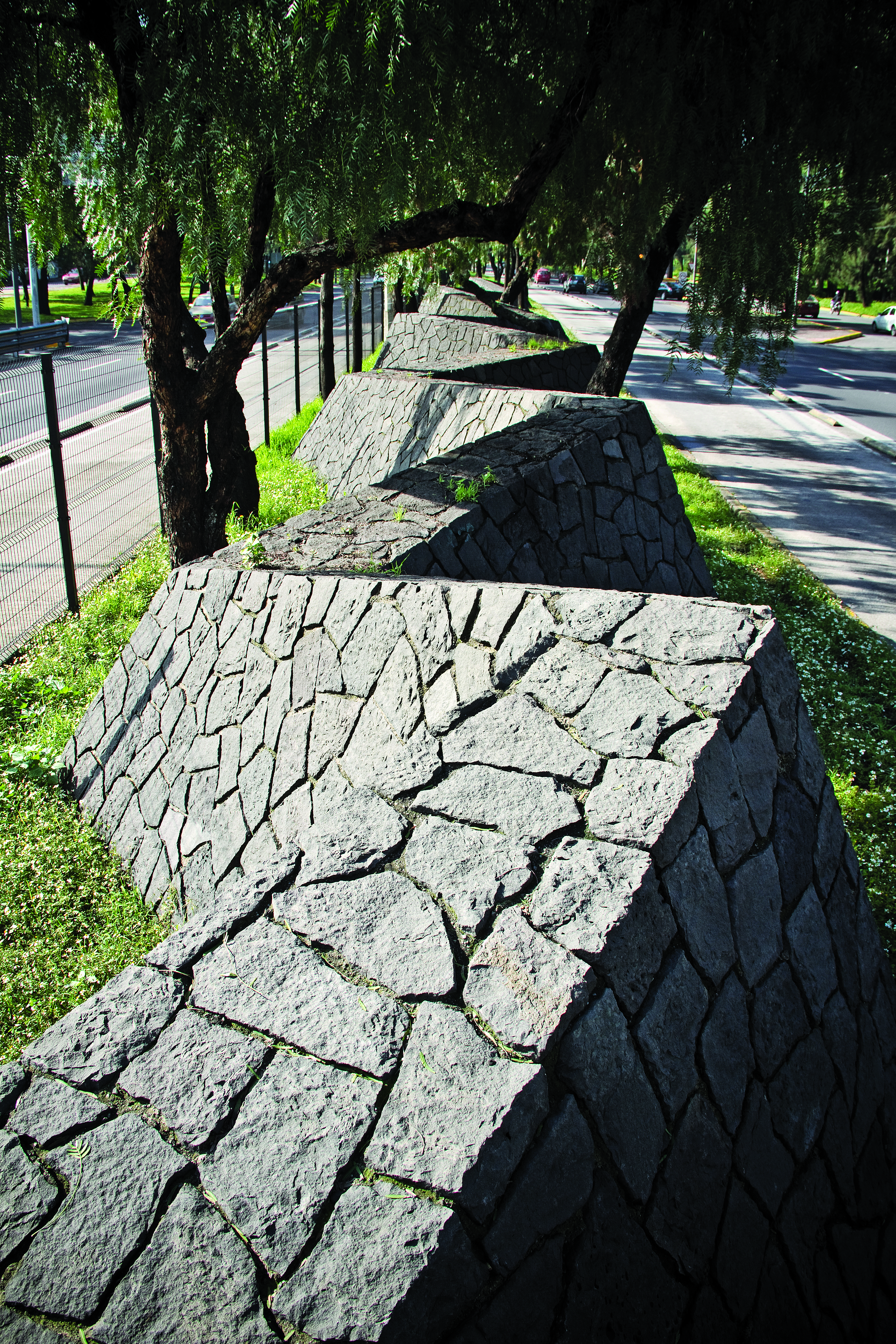
1 We use the term “rock” when the petrous element is in its natural state and “stone” when it has been carved by men.







